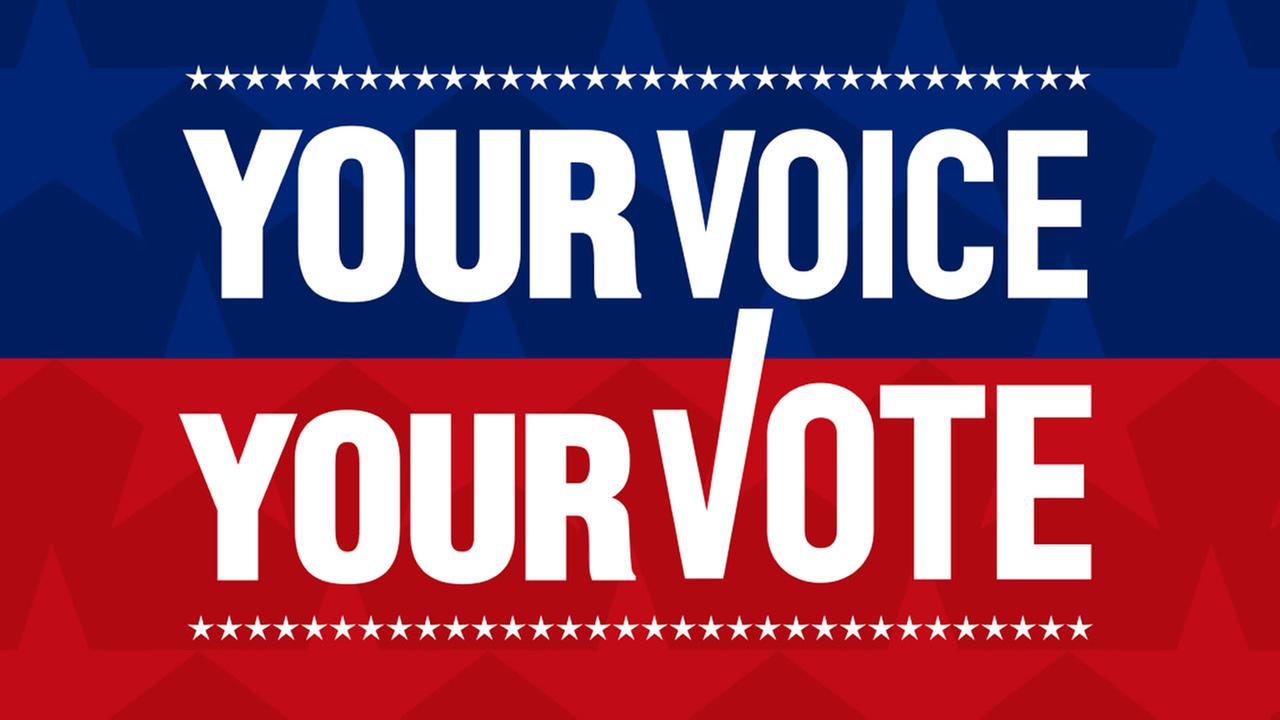 |
| Source: Gagadaily |
I'm not sure if it was that I had never been as interested and/or involved in presidential elections or if its manifestations and political atmosphere has actually drastically changed, but to me, it sure felt different. From the beginning stages until just a couple of days ago, social media platforms have been packed with political content, ads, news, and opinionated statements. For the past few months, I have also gotten to see the diverse opinions many friends and acquaintances have on sites such as Facebook (some more surprising than others). Although I'm not one to get deeply invested in debates, specially political ones and specially ones on public networks, I found myself very intrigued by them these past few months. With online collaboration, people from all over the world, from all types of backgrounds and experiences, are able to comment and argue their own insights on others' posts or even create their own. Through this, people are able to get a more constructive idea of what others are thinking and maybe even see issues through external lenses. This can be beneficial, since it forces those who tend to interact with others of concordant viewpoints to hear what others have to say.
 |
| Source: The Harbinger Online |
It is apparent that concepts such as personal political affiliation and opinions in regards of controversial issues are no longer withheld like they used to. A vote used to be someone's private right and views used to be more reserved. With such open social networks and the uncountable amount of sites available online, people are now more compelled to share their voice. They see one's opinion and their strong disagreement induces them to post against them. Although this sort of interaction may be good, I think it can and has already sparked many issues - among families and friends with opposing views all the way to cyberbullying strangers due to clashing views. I personally began to find this talk very irritating and have concluded that political conversations very rarely go well, specially if those that you're interacting with know you on a personal level, since your opinion is not as easily disregarded by them. For instance, I inevitably see a lot of Facebook friends with much more bias and prejudice based on how they view certain topics. This is not to say I have grown to dislike them, but now it's not just them and their personality I see, it's them, their personality, and that one really rude post they posted regarding x controversy.
 |
| Source: Newsweek |
The potency of online collaboration and social platforms played an even stronger role among the presidential candidates themselves. Throughout the whole campaign, I was more informed by their personal scandals which the opposing party would truculently publicize than by their actual political propositions. Social media bashings and scandal-type news were preeminent in the outcome of the election. It is devastating that with open, social networking being such a key player in the campaigns, people have lost the sense of seriousness regarding the presidential elections. Whatever happens in the next four years as a country will be the result of what news such as Trump saying ___ vulgar statement or Hillary looking suspicious by doing ___. I believe this is vastly due to the way the general public and campaigning have begun using online collaboration by simply building on scandals (some more irrelevant to politics than others) and biased opinions. I must say, I do believe online collaborations during political elections can be beneficial, but it is hard to deny the fact they also contributed in the deviation of what the true focus should be at this time in U.S. history.
No comments:
Post a Comment